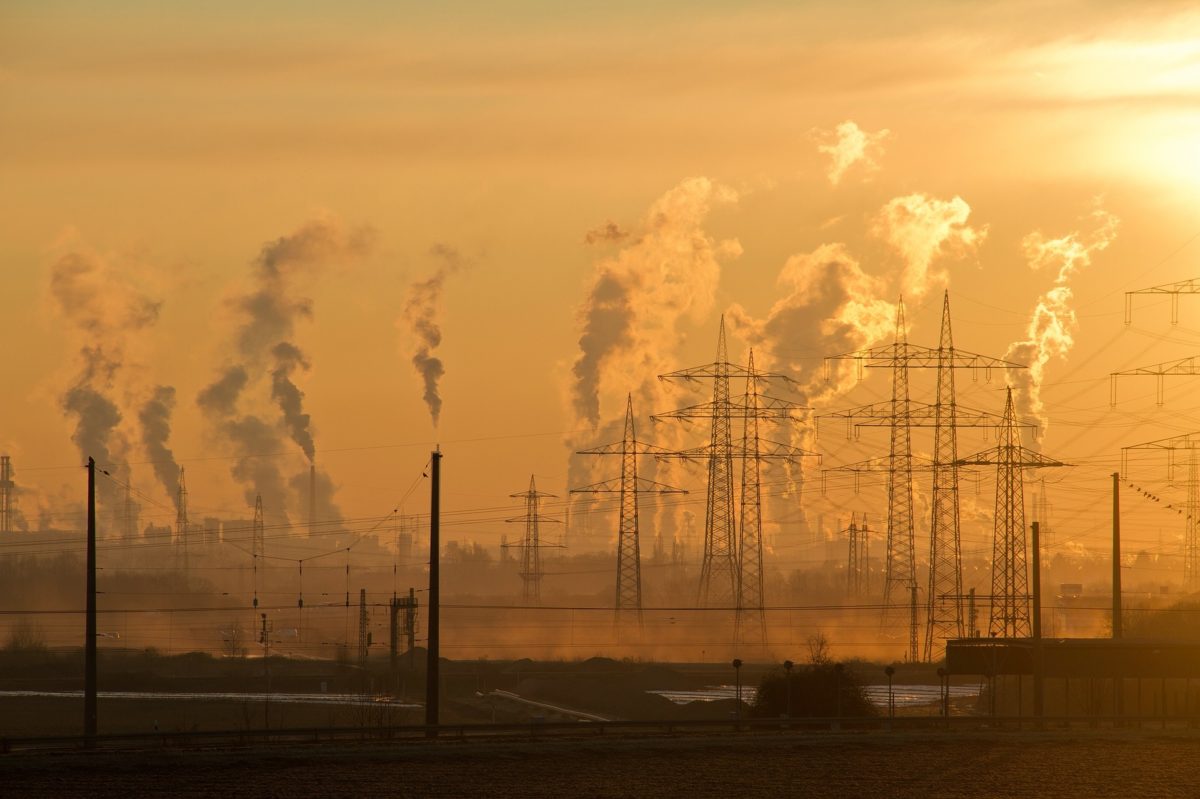Researchers from the Massachusetts Institute of Technology and Germany’s Helmholtz Institute Erlangen-Nürnberg for Renewable Energy have measured the impact of reduced air pollution on solar radiation levels due to the Covid-19 shutdown.
A positive impact of the lockdown on plant yields was not unexpected, the group said, but the researchers wanted to develop a scientific approach to directly measure the impact of reduced air pollution on solar output. They needed to confirm what they found in previous studies – that air pollution in cities can negatively affect the performance of PV modules.
Their analysis evaluated irradiance data captured with a pyranometer close to a commercial PV installation in Paschim Vihar, a residential part of Delhi, during the lockdown phase. Solar plants in the city, which is one of the most polluted urban areas on the planet, can experience power output reductions of more than 10% due to air pollution, the scientists said.
They presented their findings in “The Impact of Covid-19-Related Measures on the Solar Resource in Areas with High Levels of Air Pollution“, which was recently published in Joule and on the ScienceDirect website. They said that solar radiation in late March – when Delhi was in lockdown – was 8.3% higher than in previous years. “This is comparable to moving a solar panel from Toronto to Houston” in terms of changes in solar radiation levels, the group said.
Popular content
Insolation was also 5.9% higher in April, but the researchers did not find any big differences in February or early March, compared to previous years. “Following the outbreak of Covid-19, first a curfew on March 22 and then a lockdown were in effect all over India,” they said. “Following these measures, unusually clear skies were observed in Delhi.”
The research group said that Delhi’s air quality throughout the lockdown period was still worse than average air quality levels in other world cities.
“Results shown here paint a plausible picture: Air pollution levels drop notably, and this drop results in clearer air that allows more sunlight to pass through the atmosphere, which increases the yield of PV installations,” the researchers concluded.
This content is protected by copyright and may not be reused. If you want to cooperate with us and would like to reuse some of our content, please contact: editors@pv-magazine.com.



By submitting this form you agree to pv magazine using your data for the purposes of publishing your comment.
Your personal data will only be disclosed or otherwise transmitted to third parties for the purposes of spam filtering or if this is necessary for technical maintenance of the website. Any other transfer to third parties will not take place unless this is justified on the basis of applicable data protection regulations or if pv magazine is legally obliged to do so.
You may revoke this consent at any time with effect for the future, in which case your personal data will be deleted immediately. Otherwise, your data will be deleted if pv magazine has processed your request or the purpose of data storage is fulfilled.
Further information on data privacy can be found in our Data Protection Policy.